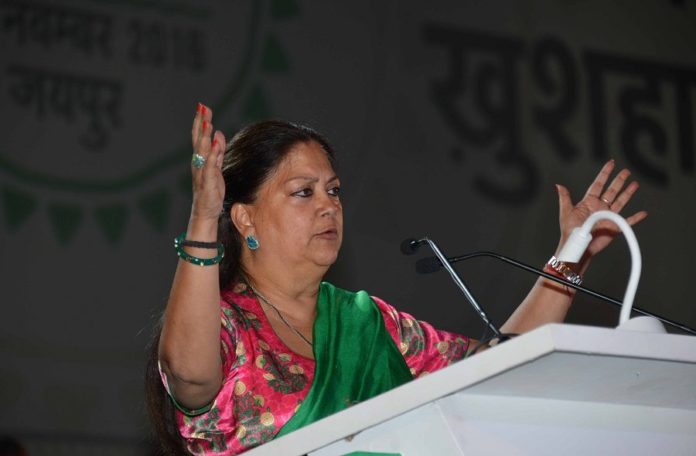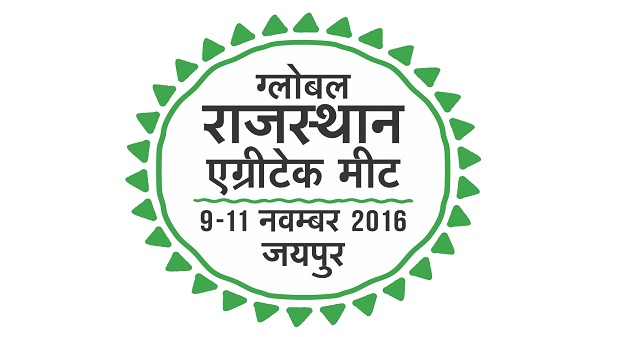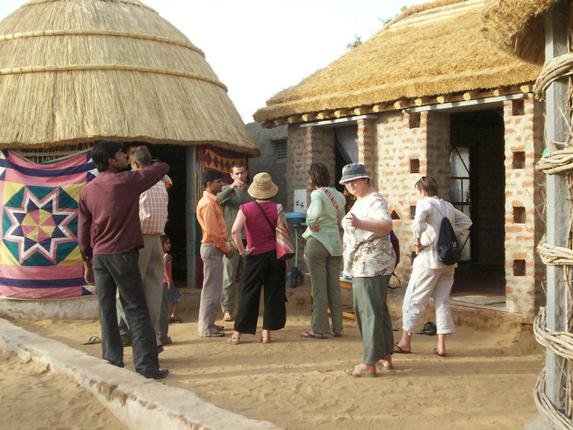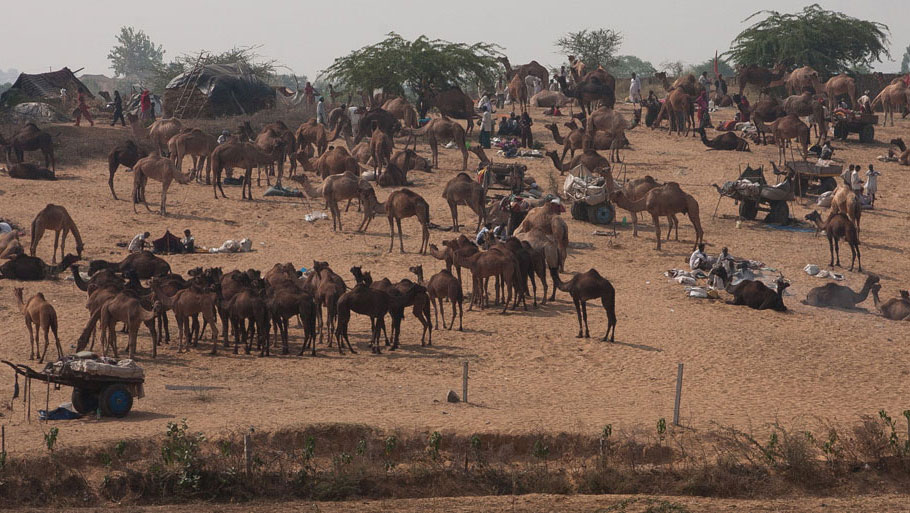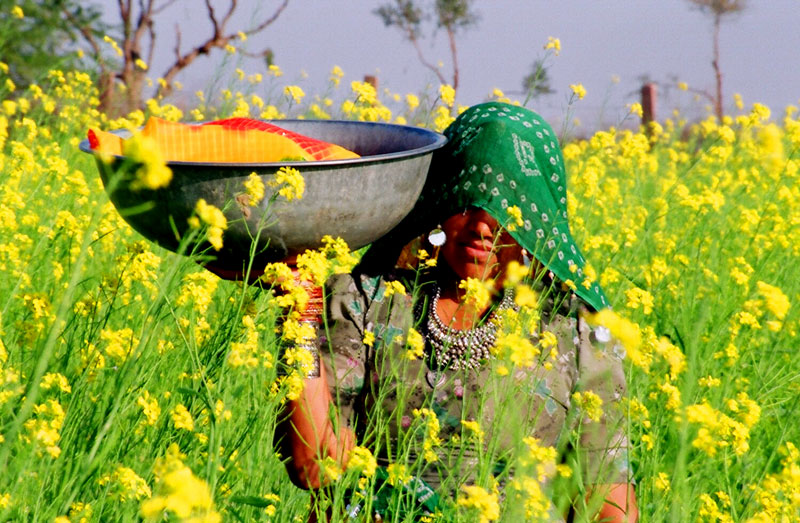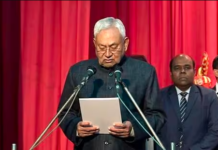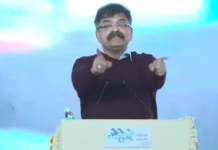Following the epic success of GRAM at Jaipur, Raje Government Aims to Convert Constructive Ideas into Profitable Projects at District Levels.
The much awaited agricultural event of the year- “GRAM” orchestrated free exchange of ideas, knowledge and practices, with the objective to develop agriculture and other village-based customs as predominant source of economy in Rajasthan. World renowned agriculture experts, Central ministers, state leaders, foreign delegates, experienced farmers and the visionary CM Vasundhara Raje herself, participated in the fest to familiarize farmers with global changes in agriculture. Out of these, 3 ideas impressed onlookers the most.
Here’s a brief overview.
- Villages as Hot Spots for Agro Tourism
Green, pollution-free villages and vibrant Rajasthani culture lures tourists from across the world. Rajasthan, having the largest cultivable area in India has the potential to generate surplus amount through agro-tourism. Stressing on the importance of agro-tourism at GRAM, Public Works and Transport Minister Younis Khan plans to modernize villages like Taal Chhapar and Salasaar to accommodate international visitors. Here’s why Rajasthan can earn a fortune through agro-tourism.
- Rajasthan has 10 agro-climatic zones that receive more than 37 million tourists per year.
- Rajasthan villages produce animal milk, food grains, fruits, vegetables and dairy products in surplus amounts that can easily accommodate incoming visitors.
- Rajasthan can successfully implement Taawde’s Agro-tourism model. Maharashtra earns up to 15 crores every year through this model.
- According to Additional Chief Secretary of Tourism, Mr. N.C. Goyal, the state is already famous for its hospitality, local delicacy, historical heritage, religious activities and colourful culture. The government needs to prepare local farmers for adopting this model.
A comprehensive agro-tourism model developed on Government-Public-Private partnership will help farmers develop villages as tourist hub.
- Sustainable Livelihood through Animal Husbandry
Minister for Information and Broadcasting, Mr. Rajvardhan Singh Rathode was impressed by Indian herdsmen on his trip to Europe. Animal farms run by Indians form the epicentre of farm culture with chocolate, cheese, food processing industries and tourist homes present in its vicinity. He requested the government to start something akin to European farms in Rajasthan. It can be accomplished by:
- Running 1-month certificate courses in Veterinary and Animal Husbandry training.
- Out of 33, just 21 districts in Rajasthan are involved in dairy farming. Authorities need to encourage residents from dry regions to take it up as a profession.
- According to Mr. R.S. Sodhi, MD Amul, Rajasthan has raw resources for industrial development. They just need to work on corporate management, business entities and marketing to develop a bigger brand like Amul.
- Experts from Australia have stressed on the importance of marketing polices and suggested improvements in dairy value chain system. Mr. Pedegaonkar, GM Marketing at Venky’s India Ltd. proposed layer poultry and boiler farming in smaller villages.
- Floriculture on Semi-fertile Lands
Minister for Higher Education, Mr. Kalicharan Saraf supervised the proceedings of ‘Jaajam Chaupal’ wherein participants discussed the future of flower gardening in Rajasthan.
- Balraj, VC at Jodhpur Agriculture University suggested the use of unused, barren areas for gardening.
- Experts present on the occasion advised farmers to opt for grafted ornamental plants like rose. They encouraged government to establish net-covered high-tech nurseries for vegetables, herbs and shrubs. They suggested improvements and government rebates on hedging and proposed green house models for fruit bearing plants.
- Agri-scientists suggested important tips like- using Neem as pesticide, watering cans for irrigating flower patches and growing high-quality saplings obtained from nearby nurseries. They informed farmers to use additional space on balconies, backyards and terrace to cultivate vegetables and flowers.
Thus, the 3-day mega convention ended with farmers learning innovations in agriculture, secondary agricultural practices and the basics of sustainable agriculture. Under the expert guidance of top-notch agro-researches and skilled leadership of CM Raje, Rajasthan farmers have advanced towards progress. In future, we’ll see these ideas turning into measurable profits in every sector.


